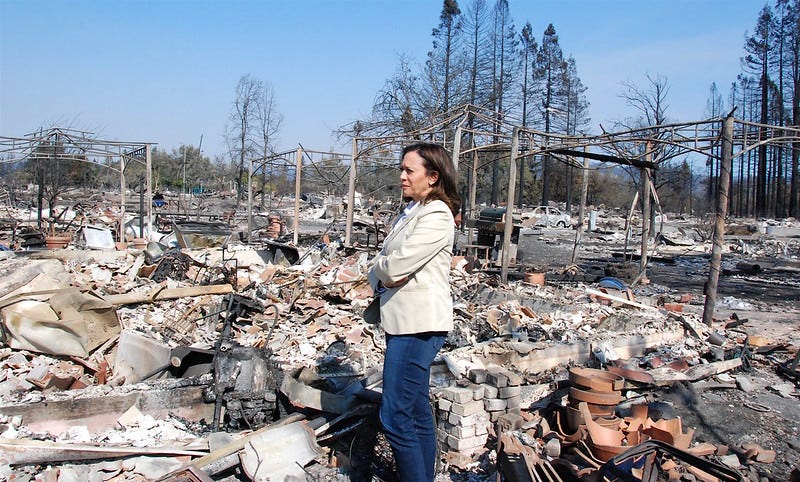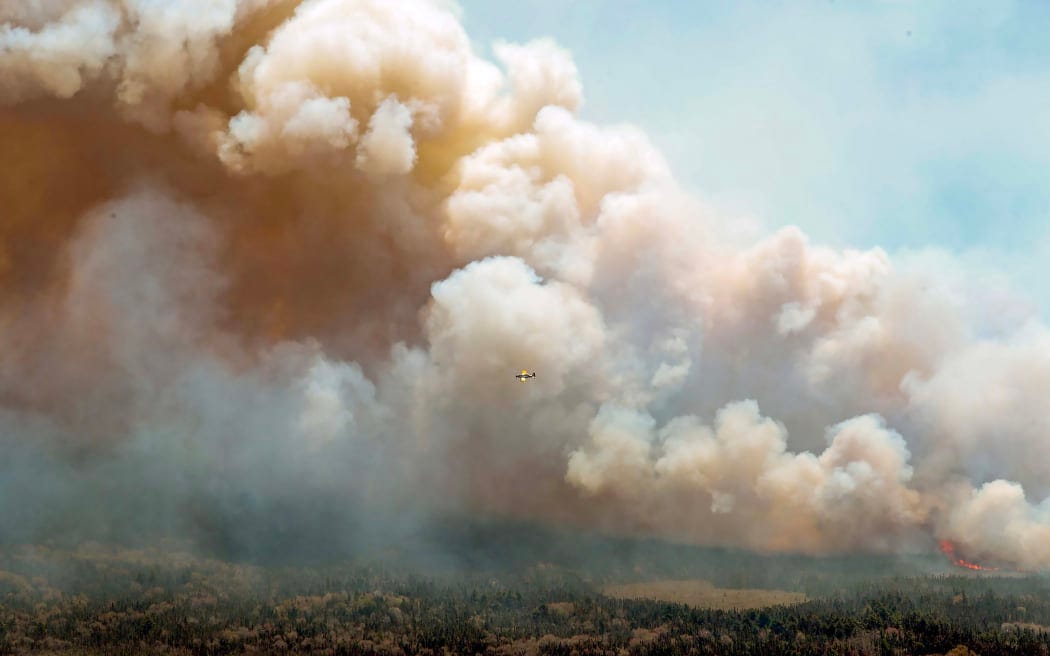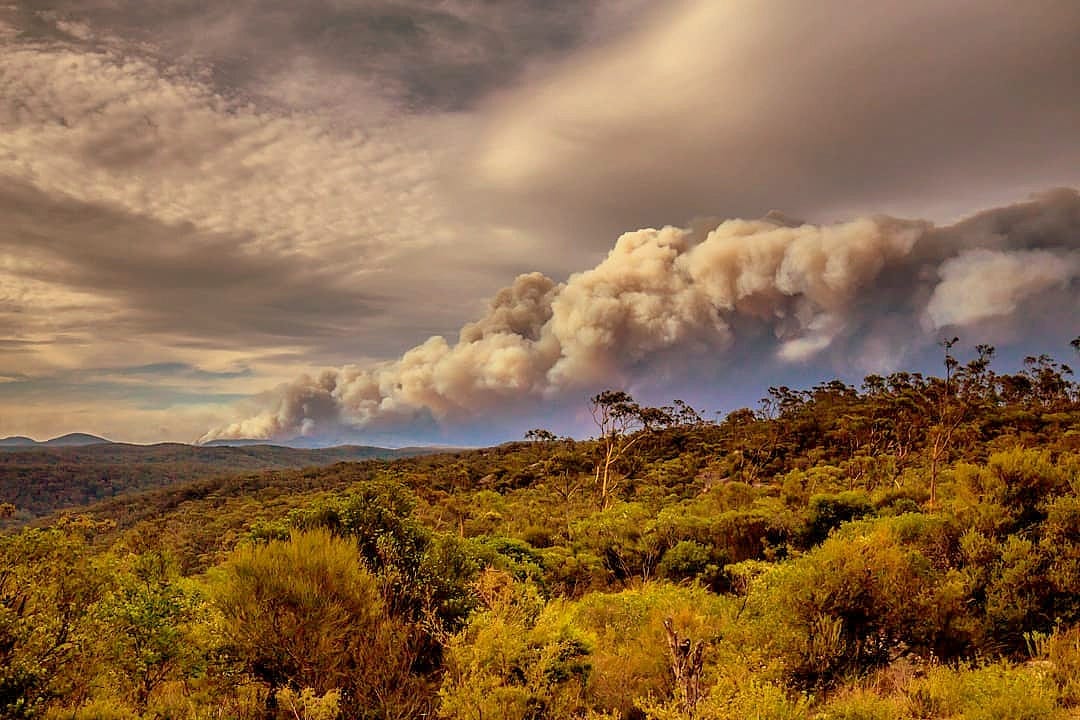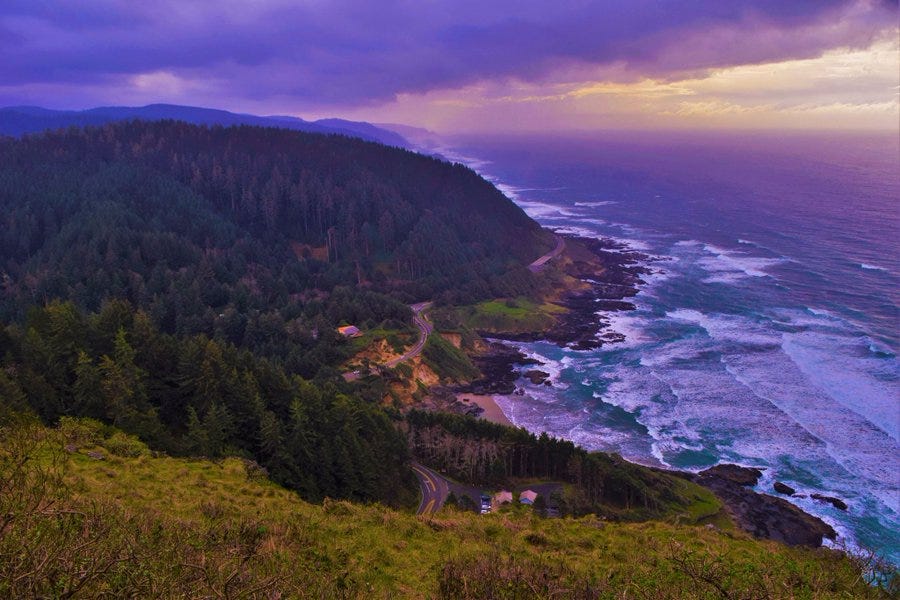New York wakes up to climate threat; London will have to wait 4,700 years
Welcome to Callaway Climate Insights. Congress is talking about a carbon border tax again. See below, and please share.
Today’s edition is free. To read our insights and support our great climate finance journalism four days a week, subscribe now for full access.

It’s not news until it’s in The New York Times is a favorite saying in the Big Apple. In that case, this is the week global warming became news there as the city choked under acrid, orange smoke from Canadian wildfires. When something similar happened three years ago in San Francisco, it was regarded as an oddity in NYC. Those crazy Californians and their forest policies. Now it’s a full-on climate emergency.
Whether that helps spur the fledgling new era of bipartisanship in Congress, first on permitting reform for new energy projects and now on a possible carbon border tax against China and others, remains to be seen. But as a signal to the world’s largest financial center that even climate disasters a continent away can turn it into a futuristic hellscape, this one is pretty good.
Not so much over in London where a de facto government block on new onshore wind farms over the past decade has left England staring at a literally historic challenge on renewable energy. Scientists at the Institute for Public Policy Research there estimated this week that at its paltry rate of permitting new wind systems — some 17 small ones since 2015 — the country will need 4,700 years to meet its energy needs with wind energy. By comparison, that’s about the same timeline between the present and when Stonehenge was built.
Perhaps a wee dash of orange soot over Parliament will shake some reforms out of Rishi Sunak’s government, but we’re not holding our breath (like they are in NY). Despite increasing evidence that global warming knows no borders, governments continue to treat it like an internal problem that can be handled by domestic regulations and solutions.
As we pointed out again this week, investors and markets know better. They’re already pricing in the future impact of global warming on certain regions and investments. No word yet though on a 4,700-year bond.
Don’t forget to contact me directly if you have suggestions or ideas at dcallaway@callawayclimateinsights.com.
Follow us . . . .
Twitter | LinkedIn | Facebook | Instagram
Zeus: How climate change will roll through capital markets - an early guide

. . . . Anti-ESG political forces such as Florida Gov. Ron DeSantis are working hard to stop public investors from pricing climate risk, but that’s what markets do, writes David Callaway. The decision by two of the largest U.S. insurers to stop offering new home policies to buyers in California is just the latest - and most dramatic - example of how climate risk is beginning to bleed into financial markets. The Great Repricing, as one of our favorite fund managers calls it, has begun.
Thursday’s subscriber insights
Congress mulls carbon border tax as bipartisan climate fervor picks up
. . . . It’s one of the more interesting and, thankfully, bipartisan climate change moves percolating in Congress: A bill to tax imports from China and other countries with lower environmental standards. In other words, it’s a carbon border tax. Europe is doing it, with much criticism of protectionism. The U.S. has always shied away from it, but suddenly the enthusiasm to use it as a tool to bash China has gathered steam. Read more here. . . .
Succession star James Cromwell has a lot to say about the Paris plastics summit — and his character Ewan Roy
. . . . In keeping with our focus on last week’s UN plastics conference in Paris, we direct you to this interview by our friend David Andelman in his Andelman Unleashed newsletter with actor James Cromwell, who starred in the hit movie “Babe” and more recently as Logan Roy’s angry brother Ewan in “Succession.” Cromwell has long been focused on ridding the world of harmful plastics practices. Hear his thoughts on the conference, President Joe Biden, and on how he helped shape his character Ewan over the length of the Succession series. Read more here. . . .
With nowhere else to go, Japan turns here for renewable energy
. . . . With just 20% of its energy coming from renewables — much of it longstanding hydro sources — Japan has been somewhat of a laggard in the energy transition. But now it seems to be getting its act together with a declaration that it will be the world’s leader in offshore wind. They’re also getting big into batteries. Read more. . . .
Editor’s picks: Canada’s fires and climate change; smoke hampers plane flights and baseball in the northeast

Raging wildfires threaten Canada’s infrastructure
Canada’s exceptionally hot and dry weather in May has fueled hundreds of wildfires burning across the county from Quebec to the western provinces. About 9.4 million acres have burned, an estimated 15 times the 10-year average, Federal Minister of Emergency Preparedness Bill Blair said. “Across the country as of today, there are 414 wildfires burning, 239 of which are determined to be out of control,” he told a briefing. According to NASA’s Earth Observatory, some of the fires were started by lightning. Canadian officials have expanded evacuation orders and asked for firefighting help from other countries. Quebec, Canada’s second-most populous province, has suffered four times its 10-year average of wildfires so far this year, according to published reports. Major League Baseball postponed games in New York, Philadelphia and other cities because of poor air quality.
Smoke halts flights in New York
The Federal Aviation Administration on had to halt flights headed to New York’s LaGuardia airport and delayed flights on the ground there due to smoke from Canadian wildfires this week. The FAA said heavy smoke haze, affecting visibility and air quality, was hanging over the northeastern U.S. and delays were reported through Boston, New York, Philadelphia, Baltimore and Washington, D.C. “The FAA has slowed traffic to and from the New York City area airports due to reduced visibility from wildfire smoke,” the FAA told CNN in a statement. “The agency will adjust the volume of traffic to account for the rapidly changing conditions.” CNN reported Wednesday afternoon that airlines in the U.S. had canceled 120 flights and delayed another 1,928, citing data from tracking site FlightAware. New York City Mayor Eric Adams urged millions of residents to remain indoors after the city’s air quality became the worst among major cities in the world.
Latest findings: New research, studies and projects
Climate change damages across the globe
The future impact of climate change on the world economy is a topic of great importance and uncertainty, and previous models predict only mild aggregate damages and that some countries will be unaffected or may even benefit, writes the author of The Importance of External Weather Effects in Projecting the Economic Impacts of Climate Change. According to the abstract, this article demonstrates that these results rely on the restrictive assumption that economies are unaffected by weather shocks in other countries, which leads to overly optimistic predictions of impacts from global weather shocks. “Relaxing this assumption in existing models leads them to predict catastrophic economic impacts from significant climate change, where all countries are badly affected to different degrees. This article also outlines the difficulty in forming plausible predictions given that projections of future climate change produce weather draws that lie wholly outside historical experience. The results have fundamental implications for damage functions inside Integrated Assessment Models, and also explains the strong contrast between economics and the physical sciences when discussing severe climate change. Author: Timothy Neal, UNSW Australia Business School, School of Economics.
More of the latest research:
Words to live by . . . .
“It’s not that things are worse because it has warmed a couple degrees because of climate change. It’s a cumulative effect in that climate change is altering the landscape. You're getting longer periods of the year when you get these fires. We’re literally burning the candle at both ends.” — Daniel Swain, Institute of the Environment and Sustainability, UCLA.




